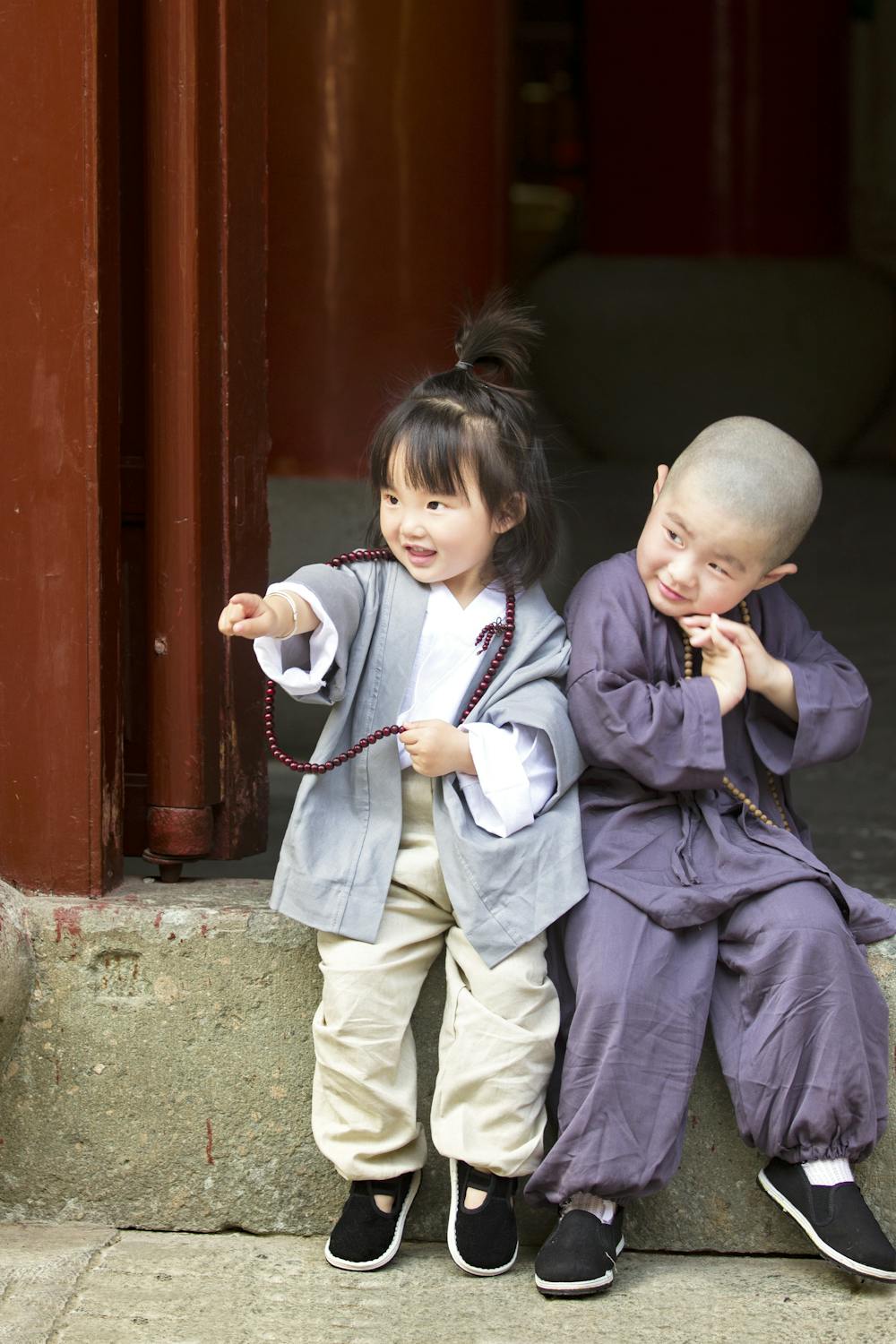Recently, I took a course on behaviorism and got more exposition on the factors influencing the development of behavior, including neuroplasticity, which talks more about adaptations of the human brain to experiences or injuries. Children are particularly gifted, and in this age and time, we have experienced brighter and smarter kids than existed during our times, and we can associate this to early exposures to smart gadgets and learning experiences, bearing in mind that the brain is most plastic at a younger age bracket.
Children easily pick up experiences and learn things, probably as postulated by brain plasticity, and beyond the genetics, their next call of behavior acquisition is the environment, which could be the immediate family or even the neighborhood and social media exposures. The foremost environment of every child is the family, which is the basic unit of every society, and it is a common notion that changing the globe begins from this basic block of the society—the family. Thus, every behavior that is exhibited by any child is likely as a result of the immediate environment, which oftentimes is the family, which could be by blood or law, as seen in adoptions.
You would agree with me that children are quite the inquisitive type. You have to answer the same question several times and possibly in different formats. They really want their curiosity satisfied by voicing out their minds. Oftentimes, in the right environment, you could classify them as talkative, but hey, let them express themselves. You will find some kids correcting older strangers or their age mates based on what they learned from you, their parents, or their loved ones. Children are equally observant and easily learn skills, including languages. Has an adult tried to learn a language? It is often difficult, but you could see the little ones speak almost fluently even at a tender age.

Raising children can be a herculean task in terms of several factors ranging from time, resources, tenets, etc., and though the little ones deserve every attention in a society that is changing fast, our roles in raising kids are primary as it builds confidence for the parents (nobody takes care of children like the real owners) and the kids; improves bond between parents and kids; as well as satisfaction in how well the upbringing is.
Child upbringing is not an assignment abandoned to the parents alone. The relatives and neighbors, consciously and unconsciously, help to bring the children up. I remember having to correct my goddaughter when she persistently licked her tongue; I guess her cry was different and unusually loud after the correction, probably because she least expected that from me. In my earlier days, neighbors would beat us, and when our parents heard of our offenses, we would receive another round of beating, but oftentimes in milder forms. It is common to find insults on the street of Nigeria dating back to the home upbringing when reckless or unacceptable behavior is exhibited by a child.
The upbringing of children is equally subjected to influences from the larger society, such as teachings from schools or even the internet. And as earlier pointed out, the brain is in most plastic in children and, as such, exposed to good and bad lessons and experiences.
The answer is obviously everyone who makes up the society, i.e., family, community, and the wider society. So, if a child misbehaves, the family is first to blame, then other factors such as society, social media, and the internet. Is there a blame spot for the child? Maybe yes, but this is often dependent on the aforementioned factors. I believe it is only an adult that is left with the responsibility of accountability for unacceptable behaviors in society, and maybe this is why minors are often exempted from punishments until they are above eighteen.
Thank you for reading. I would love to have your comments and contributions.
Posted Using InLeo Alpha